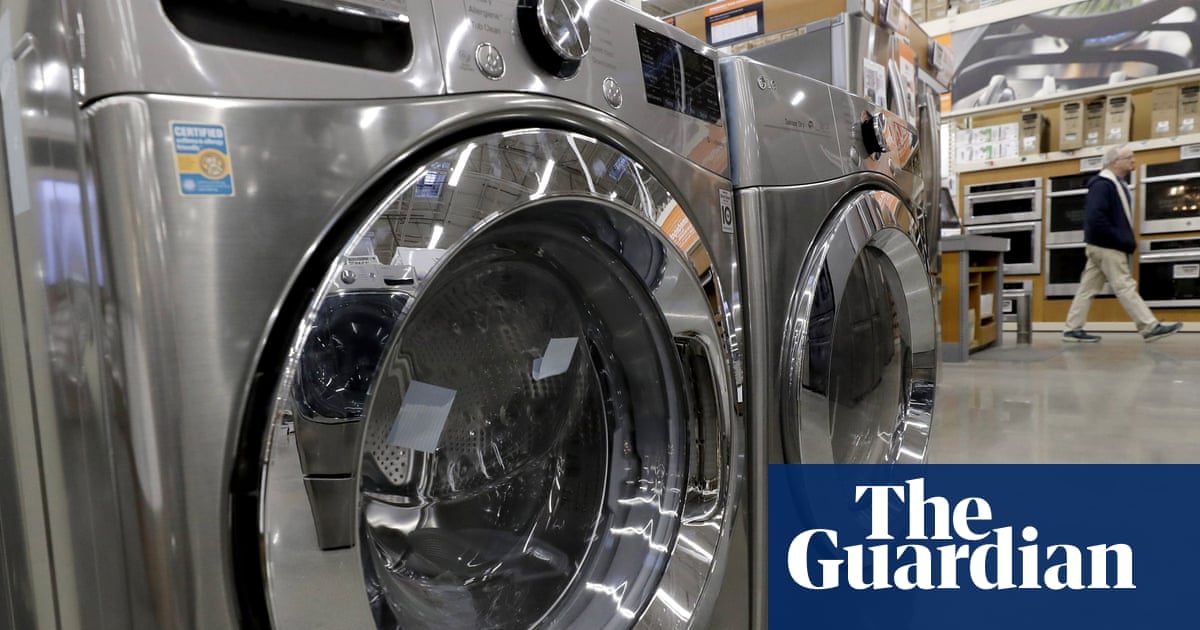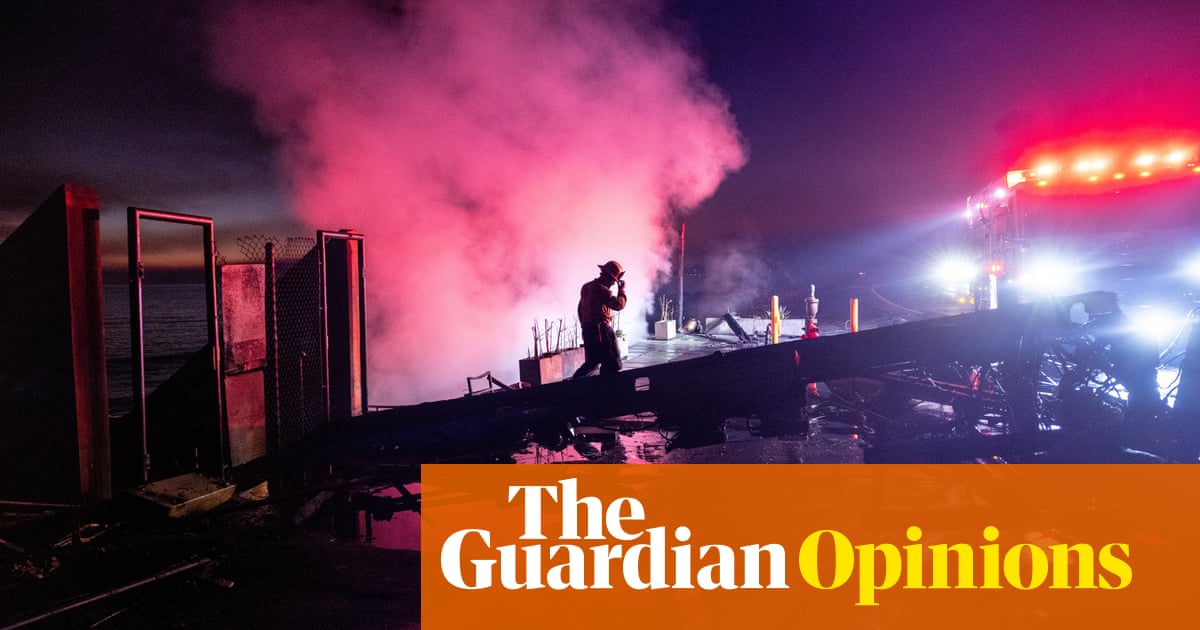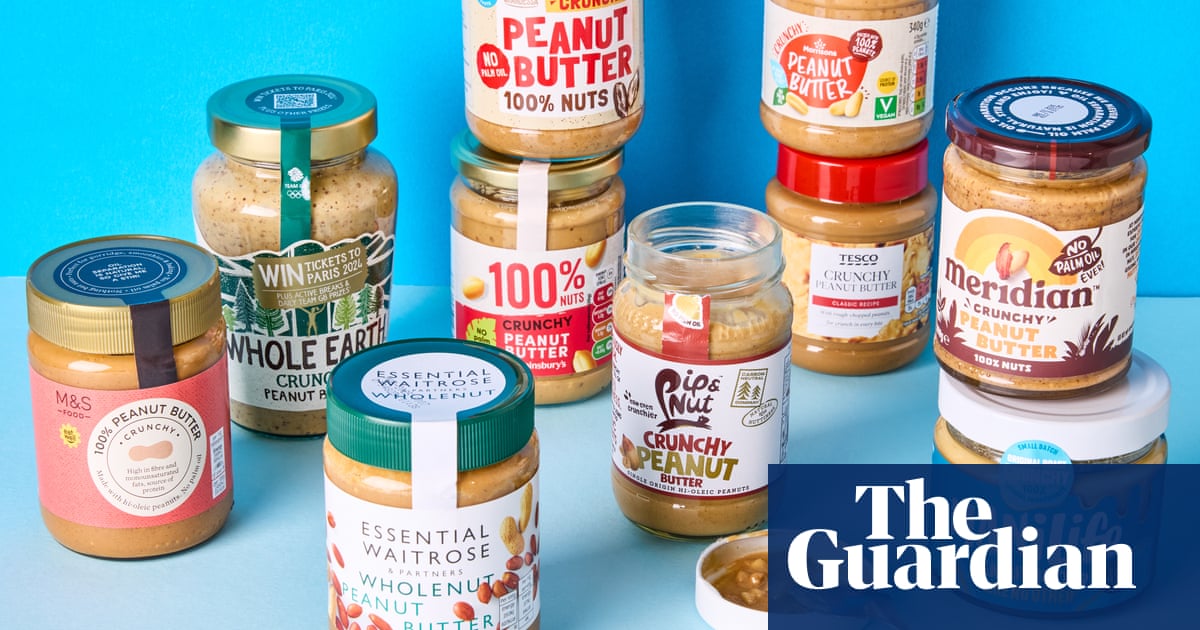When Keir Starmer met Xi Jinping at the G20 summit in Rio last month he declared that Britain should build a “pragmatic and serious relationship” with China, which would be a meaningful ambition if anyone was calling for the opposite. Who stands for impractical and unserious dealings with Beijing? Prince Andrew, maybe.
The hapless royal scandal-magnet has no influence over policy, but he has enough elite contacts and cupidity to have made him worth cultivating by a Chinese businessman who is now banned from the UK on grounds of espionage. Yang Tengbo denies spying. He says he is the casualty of “sour” anti-China sentiment.
The case has elevated anxiety about the scale of Beijing’s covert influence operations in the UK. Or, more accurately, the royal angle brings to the boil a story that has been simmering for a long time.
Last year, the head of MI5 warned that the Chinese state was running a “sustained campaign on a pretty epic scale” to infiltrate British businesses, access sensitive information and purloin intellectual property.
Earlier this year, the head of the National Cyber Security Centre described China’s aggressive cyber capabilities as “vast in scale and sophistication”.
In 2021, the director of MI6 said that efforts to counter the espionage threat from Beijing had overtaken counter-terrorism as the number one priority for Britain’s Secret Intelligence Service. The message from the national security apparatus could hardly have been clearer, even if its bosses lacked Prince Andrew’s unique talent for capturing public attention.
A sharper focus on the way the Chinese Communist party does business exposes the vagueness of Starmer’s language. What does a “pragmatic and serious” policy actually look like?
Pressed for answers earlier this week, the prime minister deferred clarification pending a “full audit” of relations with Beijing. Awkward questions are deflected with the three Cs formula: cooperate, challenge, compete – different gears for different policy terrains.
This, too, is an elegant way of saying nothing. None of the Cs can be kept discrete from the others. Where does competition in business end and political challenge begin when your commercial counterparts have ties to the People’s Liberation Army and are engaged in systemic attempts to steal your work? When does a mutual interest in cooperation on the climate crisis override the duty to challenge human rights abuses and the use of slave labour in the manufacture of green technology?
There are countless such dilemmas. They all describe an irresolvable tension between attraction to China as a source of lucrative investment and repulsion from the character and methods of the regime controlling that resource.
In opposition it was easy for Labour to lambast the Tories for running an inconsistent China policy. The mood swung violently from David Cameron’s declaration of a new “golden era” to Theresa May’s decision (taken under immense pressure from Washington) to strip Huawei of its role developing UK telecoms infrastructure.
In government Starmer is learning how much foreign policy incoherence is a natural function of different Whitehall departments channelling conflicting priorities. What the Treasury sees as an opportunity for growth can look from the Home Office more like exposure to a national security threat.
Sometimes compromise positions can be found, but not always. Some lines can’t be blurred. For example, there is the question of whether China should be listed in the “enhanced tier” of countries deemed most hostile to Britain under the foreign influence registration scheme (Firs). This requirement to declare lobbying activities on behalf of overseas interests was passed into law last year but has yet to be implemented.
Tory MPs accuse Labour of dragging its feet under pressure from banks and other businesses that fret about clients being turned off by the duty to announce whether or not they are acting on instruction from foreign governments. The riposte is that the Conservatives left everything in such a mess that Firs wasn’t ready to be made operational. Dan Jarvis, security minister, told the Commons on Monday that it was all happening “at pace”.
It isn’t yet clear how brisk that pace will be relative to a busy schedule of ministerial engagements with the Chinese government. Rachel Reeves and Jonathan Reynolds, the business secretary, are due to visit Beijing early next year. So is Ed Miliband, the energy secretary, because all low-carbon technology supply chains run through China. There is talk of Starmer hosting or travelling to a bilateral summit.
A lot of wrinkles would have to be ironed out of that red carpet. There is cross-party concern about human rights abuses, including harassment of Chinese dissidents and Hong Kong refugees on British soil. Prince Andrew’s entanglement might be the most lurid tale of alleged espionage so far, but it is unlikely to be the last. In January, Donald Trump returns to the White House, promising punitive tariffs on Chinese goods. He will demand Starmer’s allegiance in a trans-Pacific trade war and that London side with Washington on a likely second front opened against Brussels. That will pose questions the prime minister won’t be able to answer with banalities, platitudes and pending audits.
There may be a safe zone where Britain can have lucrative economic ties to China without compromising national security. But the balance has never been easy. It is made a lot harder by a shortage of stabilising alliances elsewhere – the perennial mess that is Brexit and the incoming typhoon called Trump.
British politics is so parochial and crowded with trivia that Starmer didn’t need a meaningful foreign policy for his election campaign. Since taking power he has done a lot of overseas travel, attended many summits, shaken many hands. He still hasn’t articulated a strategic concept of Britain’s place in the world and how to get there securely.
Maybe the prime minister thinks he doesn’t need such a thing, and that he is better off muddling through in pragmatic and serious style on the international stage. Or maybe he has a better plan, in which case the moment for him to share it is overdue.
-
Rafael Behr is a Guardian columnist

.png) 3 weeks ago
13
3 weeks ago
13













































